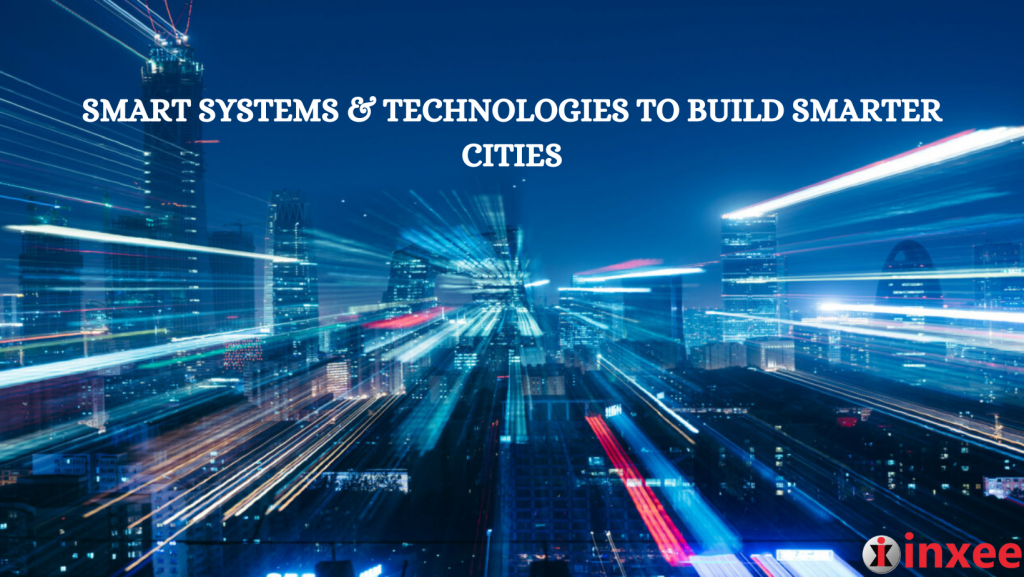Smart Systems & Technologies to Build Smart Cities

Building smarter cities relies on the implementation of various smart systems and technologies that enhance urban infrastructure and services. Key elements include:
Internet of Things (IoT): Connecting devices and sensors to gather real-time data for efficient management of resources and services such as energy, transportation, and waste management.
Smart Grids: Advanced electrical grids that incorporate digital technologies for intelligent energy distribution, consumption monitoring, and integration of renewable energy sources.
Intelligent Transportation Systems (ITS): Utilizing technologies like traffic monitoring, smart parking, and connected vehicles to optimize traffic flow, reduce congestion, and promote sustainable mobility options.
Smart Buildings: Deploying automation, sensors, and energy management systems to optimize energy usage, improve occupant comfort, and enhance operational efficiency.
Data Analytics and Artificial Intelligence (AI): Leveraging big data analytics and AI algorithms to gain valuable insights for informed decision-making, predictive maintenance, and resource optimization.
Open Data Platforms: Facilitating the sharing and accessibility of data among stakeholders to encourage collaboration, innovation, and transparency.
By integrating these smart systems and technologies, cities can enhance sustainability, improve resource management, optimize services, and enhance the quality of life for their residents. This transformation leads to more efficient infrastructure, reduced environmental impact, and enhanced livability in smart cities.









Leave a Reply